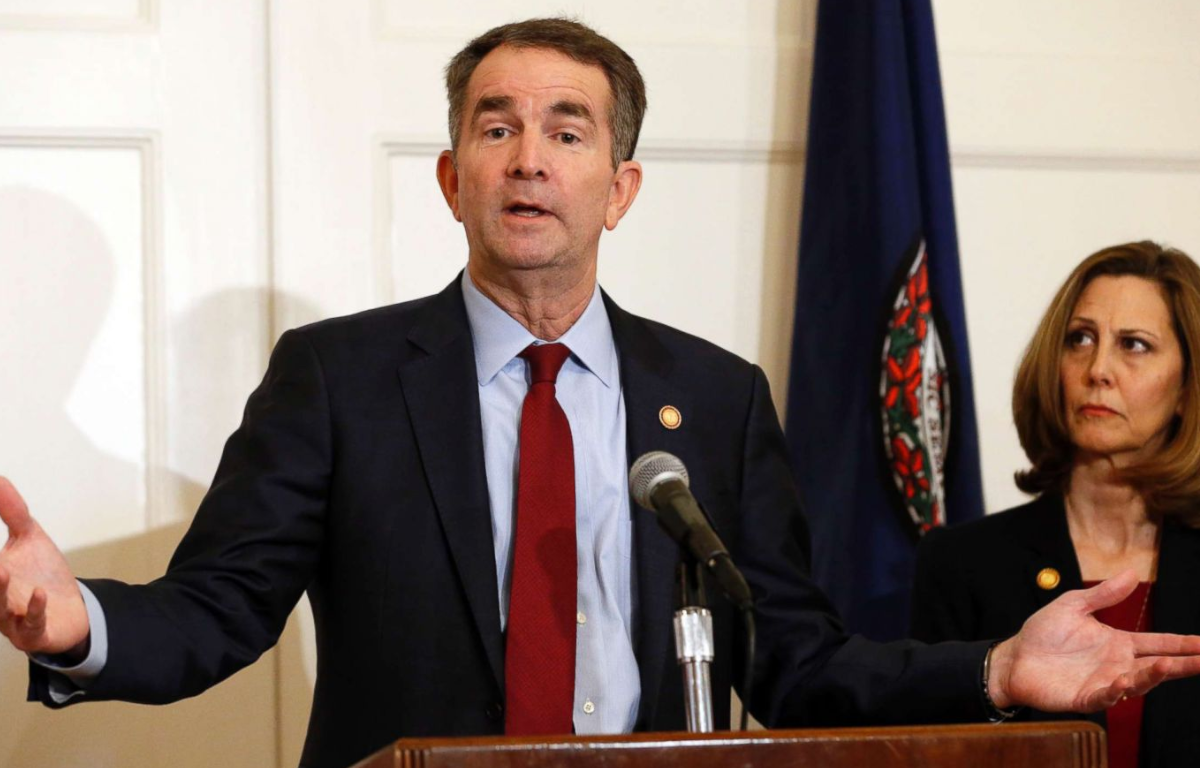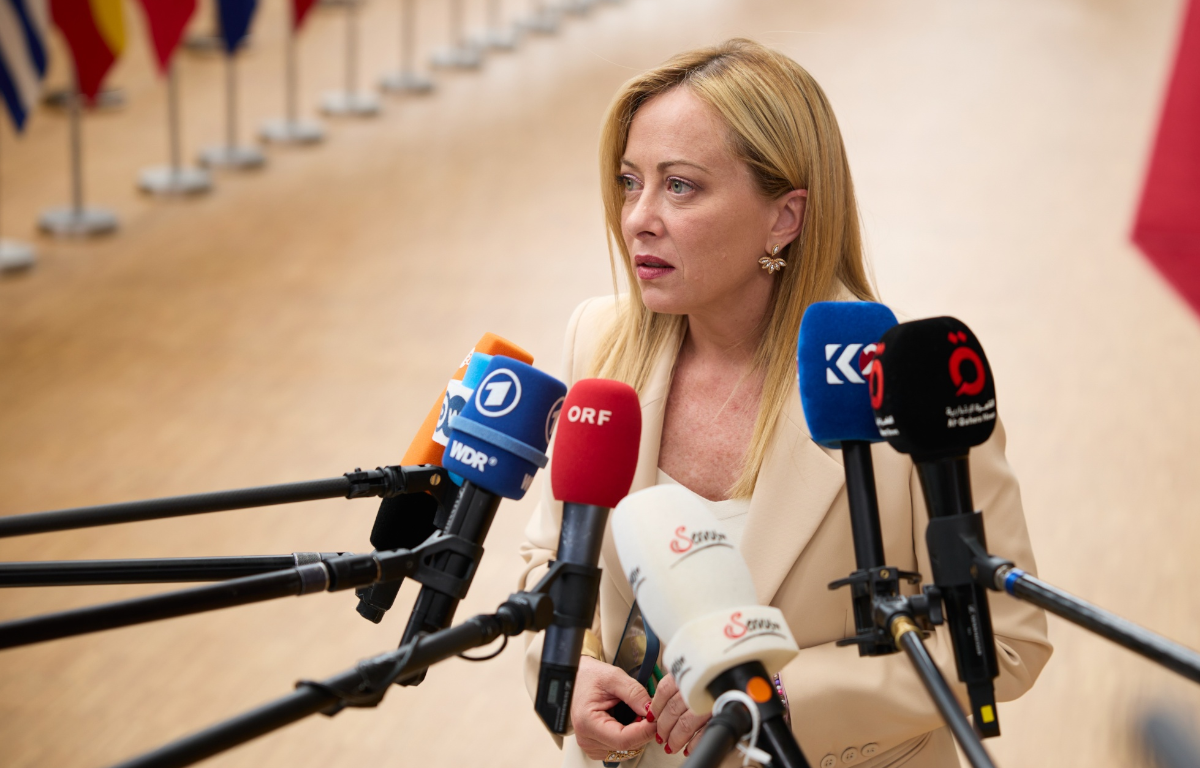
Governor DeSantis has leveled accusations at certain Florida schools, claiming that they have affiliations with the CCP. These allegations encompass a range of activities, from partnerships with Chinese universities to the presence of Confucius Institutes, cultural exchange programs funded by the Chinese government. DeSantis and his supporters argue that these alleged ties could jeopardize national security by potentially allowing espionage, intellectual property theft, or the spread of propaganda.
Critics, however, view this move as a troubling overreach of government power that infringes upon academic freedom. They contend that it suppresses diverse perspectives and stifles international collaborations within academia, which have been instrumental in advancing knowledge and fostering cultural understanding. Moreover, the timing of these allegations, amidst already strained U.S.-China relations, raises concerns about exacerbating diplomatic tensions.
The implications of these accusations are far-reaching. The educational institutions targeted by funding cuts will face substantial challenges in maintaining their programs and staff, potentially leading to a reduction in global education opportunities for students. This controversy also prompts broader discussions about the role of international collaboration in education and how institutions can engage with foreign entities while safeguarding national interests.
Additionally, the issue has become emblematic of the divisive political climate in the United States, emphasizing the need to find common ground and pursue balanced policies that protect national security while respecting academic freedom. Beyond education, the tension between Florida and China may affect trade, cultural exchange, and cooperation on global issues, underscoring the importance of diplomatic finesse in handling such matters.
The controversy surrounding Governor DeSantis’ decision to cut funding to Florida schools alleged to have ties to the Chinese Communist Party underscores the intricate interplay between national security concerns and academic freedom. While protecting national interests is crucial, it is equally vital to uphold the principles of open inquiry and collaboration that are the bedrock of higher education. Striking this balance will be pivotal as the United States navigates its relationship with China and the broader international community. Ultimately, the goal should be to find common ground and promote cooperation, both in the realm of education and in diplomacy.









Share this: